
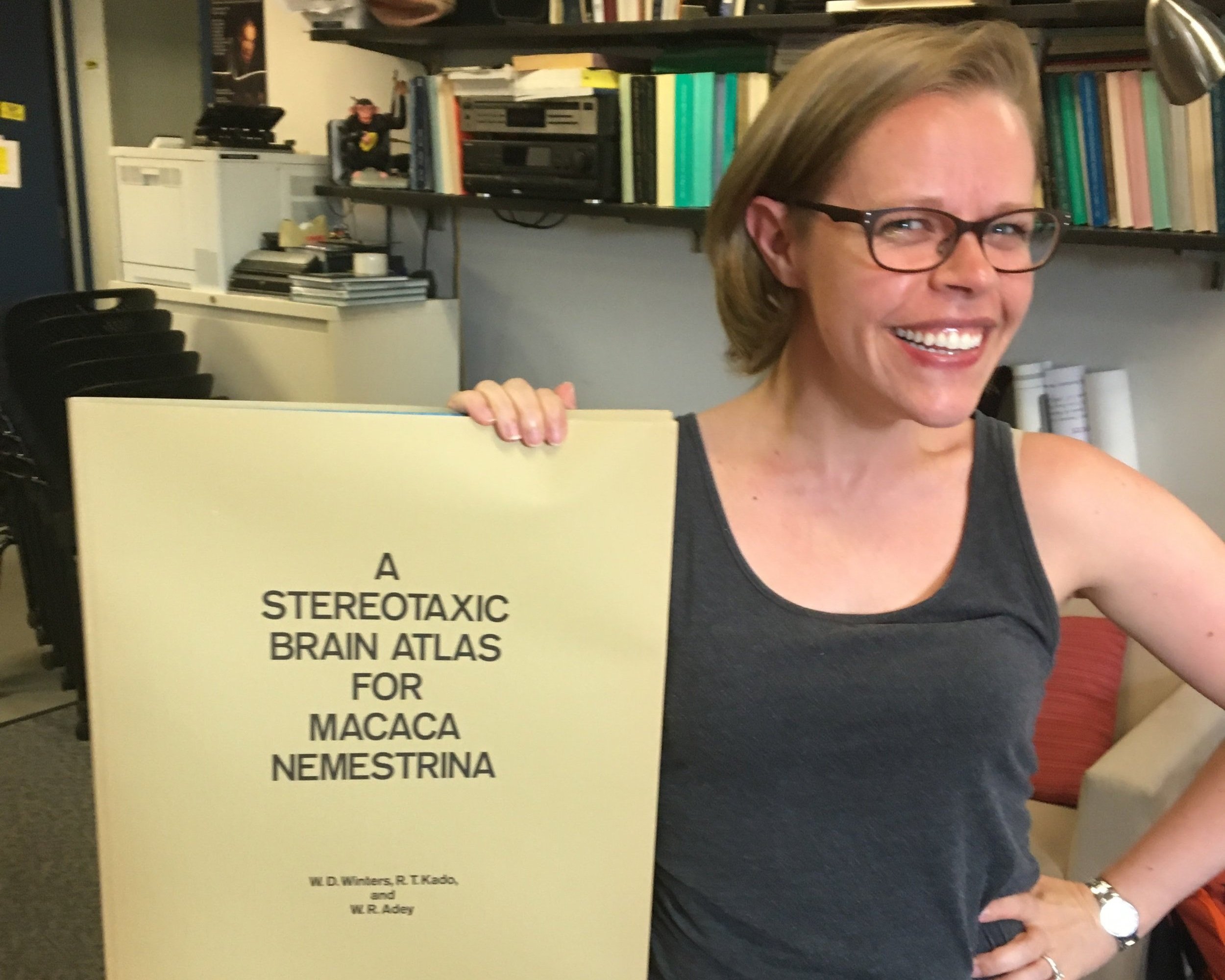
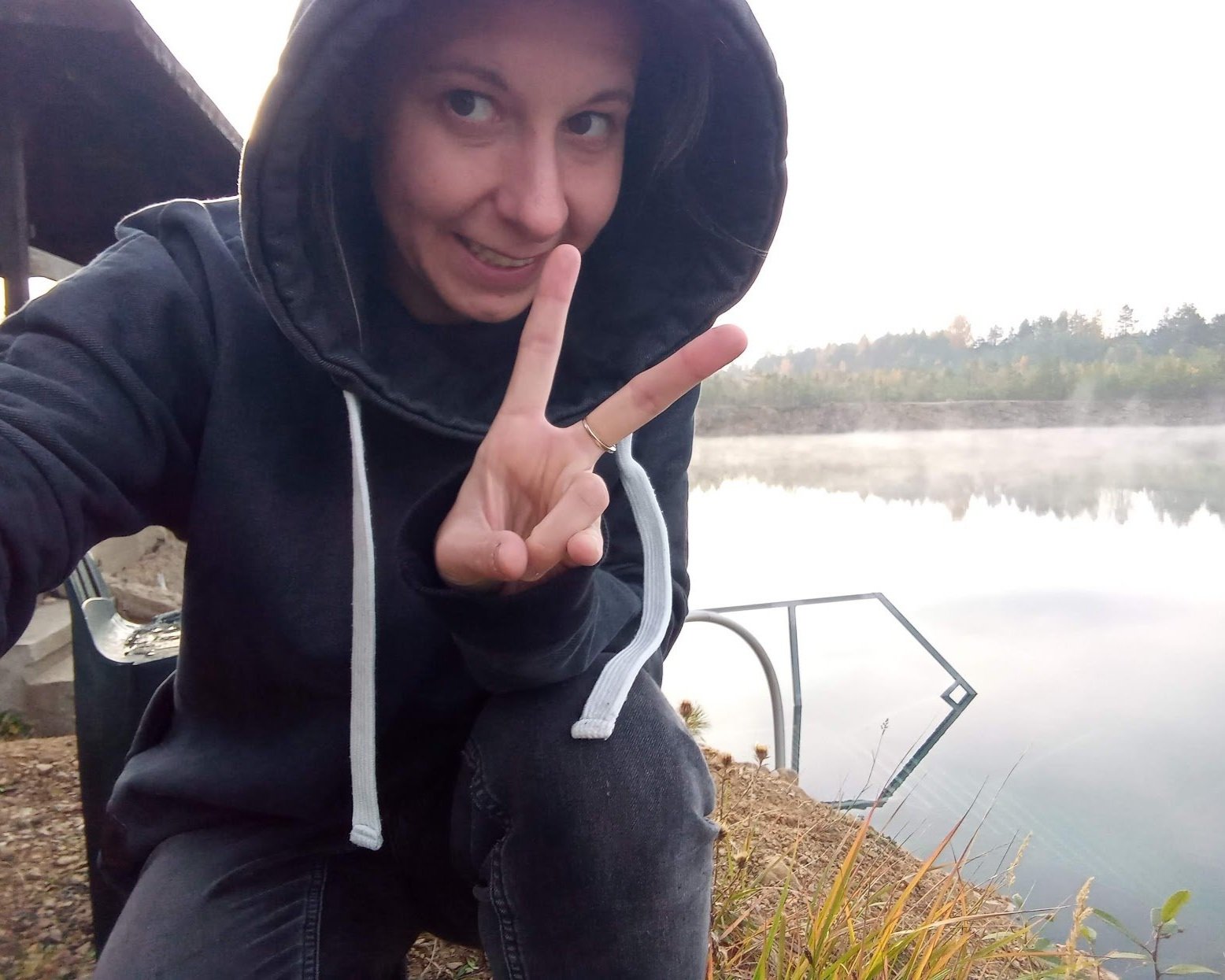
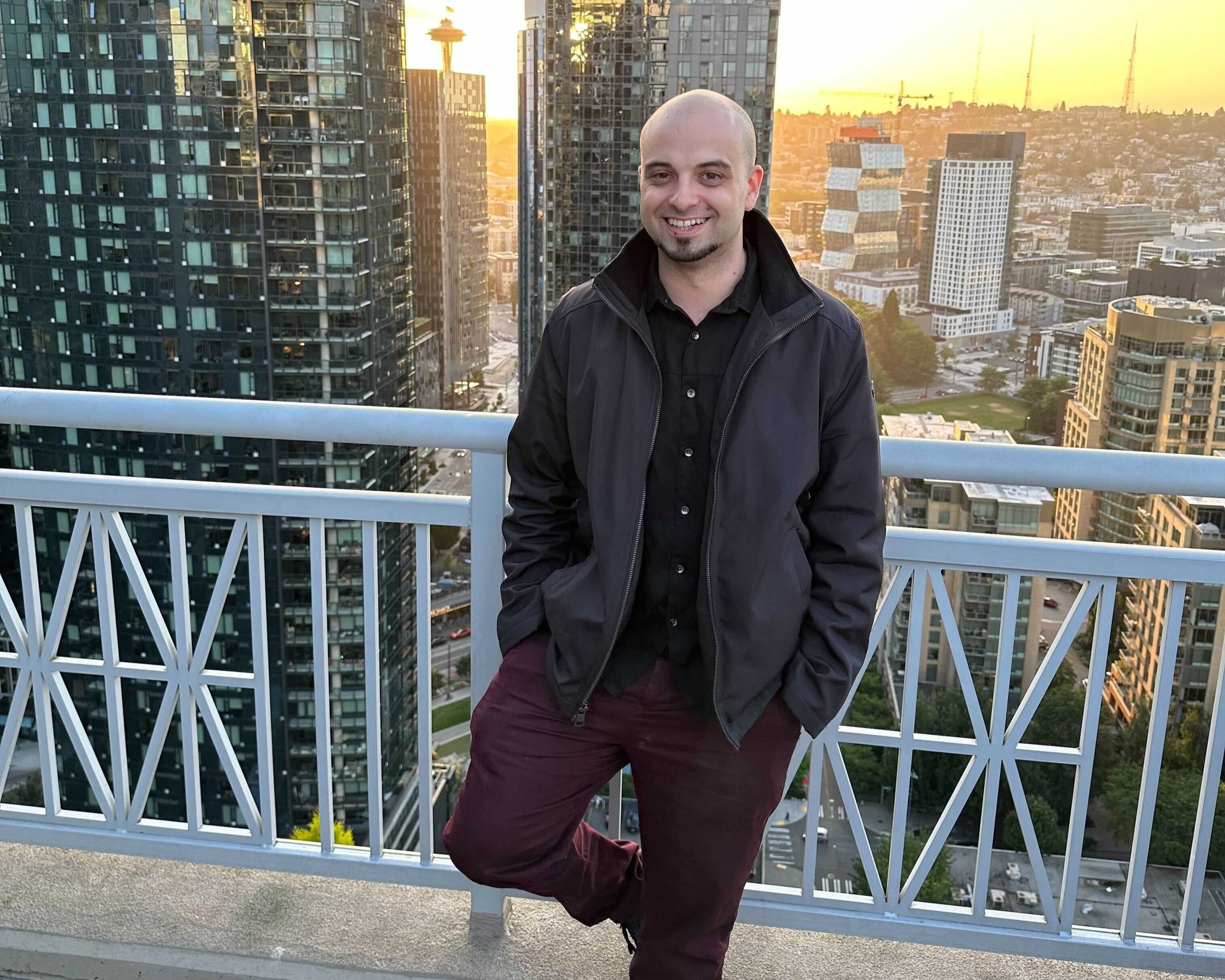






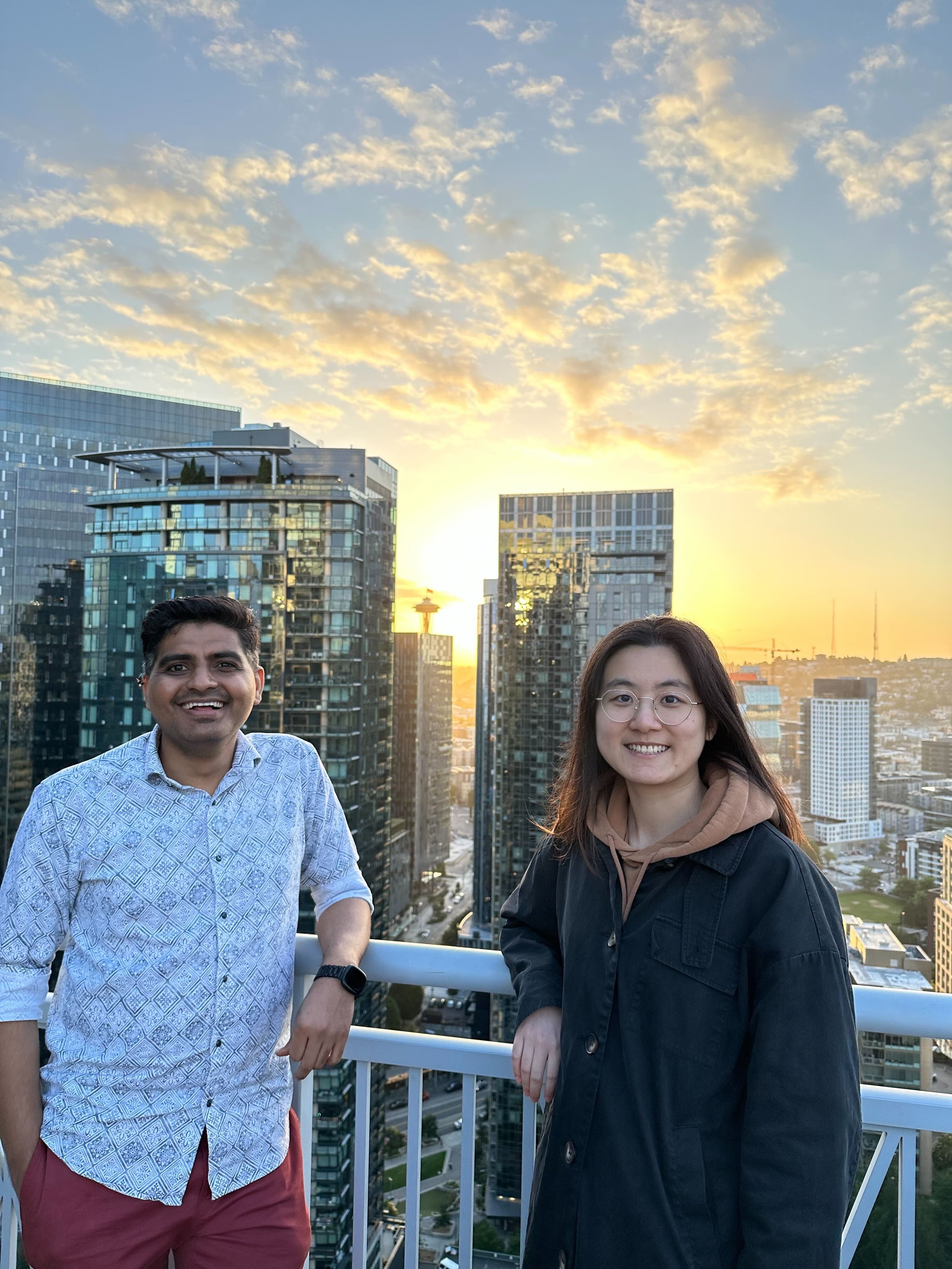
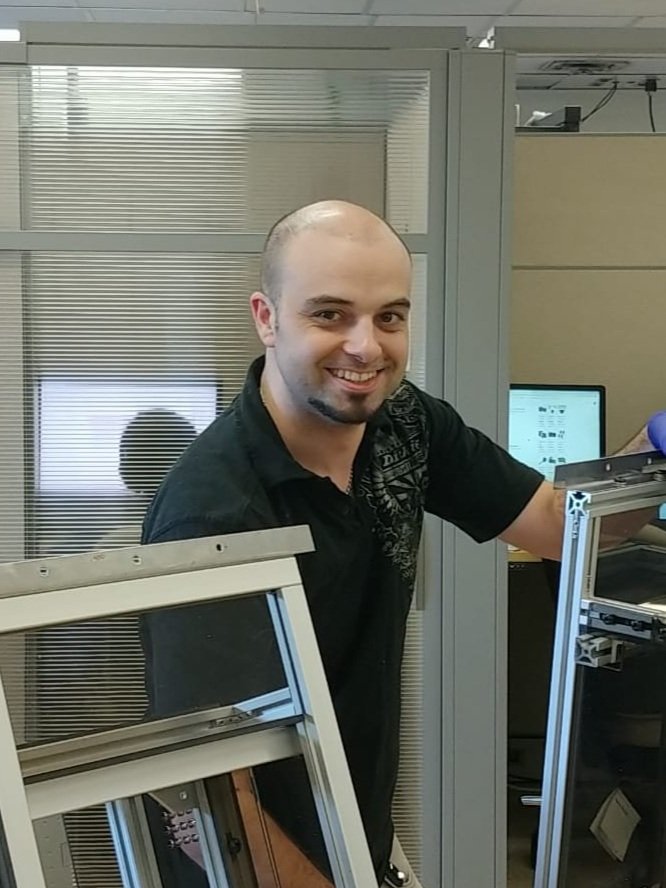
Michele A. Basso, Ph.D
I am a Professor of Neurobiology and Biophysics at the University of Washington. I have a long-standing interest in the neuronal circuits underlying symptoms of Parkinson’s disease and other disorders of the basal ganglia, such as dystonia. During my career, I’ve studied brain mechanisms underlying simple behaviors like cutaneous reflexes through voluntary movements and cognitive processing. My research interest now focuses on how memory and sensory information are combined to lead to our decisions and how the brain mechanisms of decision-making go awry in Parkinson’s disease. I am especially excited about the science ongoing at the University of Washington, as I get to learn new things and build cross disciplinary collaborations. I am also a passionate advocate for responsible and humane involvement of animals in research. I believe we have a moral obligation to bring our knowledge and talents to bear on humans and other animal suffering. My goal as a scientist is to understand how the brain works toward the goal of ending suffering for all living beings especially those suffering from neurological and neuropsychiatric illness.
Kevan Kidder, Ph.D.
I have been fascinated with the brain ever since I heard someone call it “the most complicated structure in the universe” and when I realized, brains are the thing that literally construct our experience of reality (i.e., consciousness). My curiosity about the brain led me to get a BS in Biology and BA in Psychology from the University of Washington in 2016. I then obtained my PhD from the UW psychology department’s behavioral neuroscience program in December 2022. My thesis work used a combination of optogenetic and electrophysiological techniques combined with behavioral analyses to better understand the role of the medial prefrontal cortex and hippocampus in spatial working-memory abilities.
I joined Dr. Basso’s team in May 2023 with the goal of creating cutting-edge methods which may elucidate physiological and cognitive markers for neurogenerative diseases and to create models for aging. Some of these novel methods include automated cage-side testing devices and systems for multi-camera motor/behavioral analyses.
Outside of the lab, I like tinkering with random projects, going outdoors, making music, and going to music concerts around the city.
_______________________________________________________________________
Vaibhav Thakur, Ph.D. candidate
I study how humans and animals exhibit a core behavior in living things: decision-making. We try to uncover how different brain areas coordinate with each other to arrive at a decision. Throughout my journey in clinical as well as non-clinical research, I have acquired a diverse set of skills such as neuro surgeries, large data modeling, closed-loop experiments, distributed computing systems, develop hardware and electronics for experiments with high-temporal precision requirements.
_______________________________________________________________________
Ye (Mary) Hong, Ph.D. candidate
I am a graduate student from the Neuroscience Graduate Program in UW. I majored in biology and received my bachelor’s degree from the University of Chinese Academy of Sciences. During my undergrad, I explored several topics in neuroscience, including microsaccade-related electrophysiology in pigeons and speech perception in human. In the meantime, I worked in Assad lab as a visiting student at Harvard Medical School and studied the relationship between midbrain dopamine and self-timing. Currently, I’m interested in how priors modulate the sensory evidence and accumulation in the perceptual decision-making task, as well as the underlying circuitry.
When not in lab, I enjoy cooking and exploring exotic cuisines. I also like hiking, Pilates exercises and am a beginner in snowboarding. I’m a Harry Potter fan and collect all magical things
_________________________________________________________________________
Carlos Garcia
I’m Carlos Garcia, a Post-Bac Lab Technician managing the mouse colony for the Basso Lab. I graduated from Texas A&M University with a Bachelor’s of Science in Psychology where I spent a year volunteering in a drug addiction research laboratory, and I wish to continue gaining exciting experience within the field of neuroscience research here at the UW. A few of my interests include skiing, motorsport, and music production
